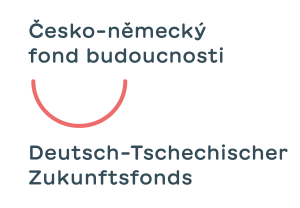Freiburger Barockorchester -
The Ascension of Christ
We invite ticket holders to Pre-Concert Talk. The discussion with Leila Schayegh and Lionel Meunier begins at 6.30 pm.
Programme
- Johann Sebastian Bach: Auf Christi Himmelfahrt allein BWV 128
- Georg Philipp Telemann: Ich fahre auf zu meinem Vater TWV 1:825
- Heinrich Ignaz Franz Biber: Rosenkranzsonate XII in C major Ascension of Christ
- Johann Sebastian Bach: Lobet Gott in seinen Reichen BWV 11
Performers
- Freiburger Barockorchester
- Lionel Meunier – artistic director
- Leila Schayegh – violin
- Vox Luminis
Vox Luminis with Freiburger Barockorchester
Vox Luminis was established in Belgium 17 years ago by the bass Lionel Meunier. “Gain access to the Light through the Voice” is the ensemble’s motto. They posit themselves as a group of soloists who perform in various combinations, accompanied by either basso continuo or a whole orchestra. Their repertoire is centred on Italian, French, and German compositions from the sixteenth to eighteenth centuries. Vox Luminis has recorded 13 albums, which have garnered numerous prestigious awards, including two from Gramophone and a BBC Music Magazine Award in 2018. The ensemble presents its rich range of programmes both in Belgium and abroad. Writing for Forumopera in August 2018, Yvan Beuvard gave high praise: “The soloists of Vox Luminis are characterised by their purity of output, freshness of voice, dynamics and execution, at a rare level of perfection. Their expressive qualities, in which simplicity and fervour compete with gravity and enthusiasm, excellently augment their demanding repertoire.”
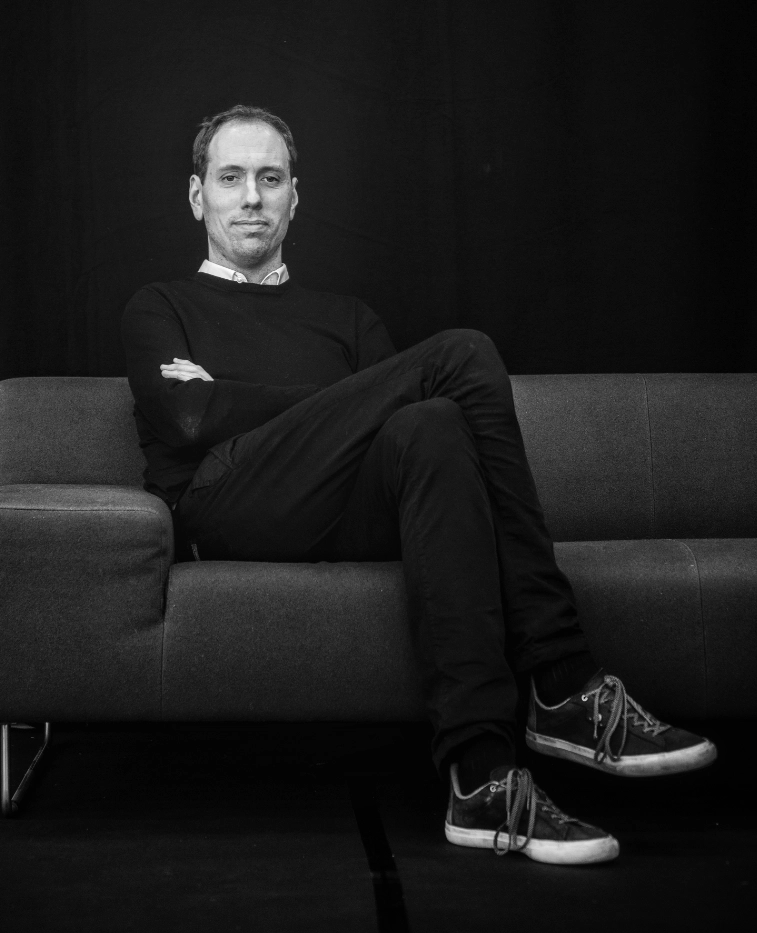
World-class reputation
The vocal line-up will be accompanied by the Freiburger Barockorchester (FBO), which has a world-class reputation for its erudite interpretation of early music. The orchestra was founded by enthusiastic students of the Freiburg University of Music almost 35 years ago. After two years of rehearsals and intense research of the sources to understand how Baroque music should be played authentically on period instruments, they decided to go public. This ushered in spectacular international success at world-famous concert venues, leading to their present schedule of over a hundred concerts each year. They have released more than 60 recordings and won numerous awards. In 2009 they were the first Baroque orchestra to be invited to perform at the opening concert of the great Salzburger Festspiele.
The core of their repertoire encompasses the seventeenth century alongside Romantic and modern works. The “Freiburgers” inspire contemporary composers to experiment with new uses for the timbre of Baroque instruments, and this influence is mutual. For example, the ensemble has performed a contemporary piece by Manfred Trojahn based on motives from Bach’s Brandenburg Concerto No. 4.
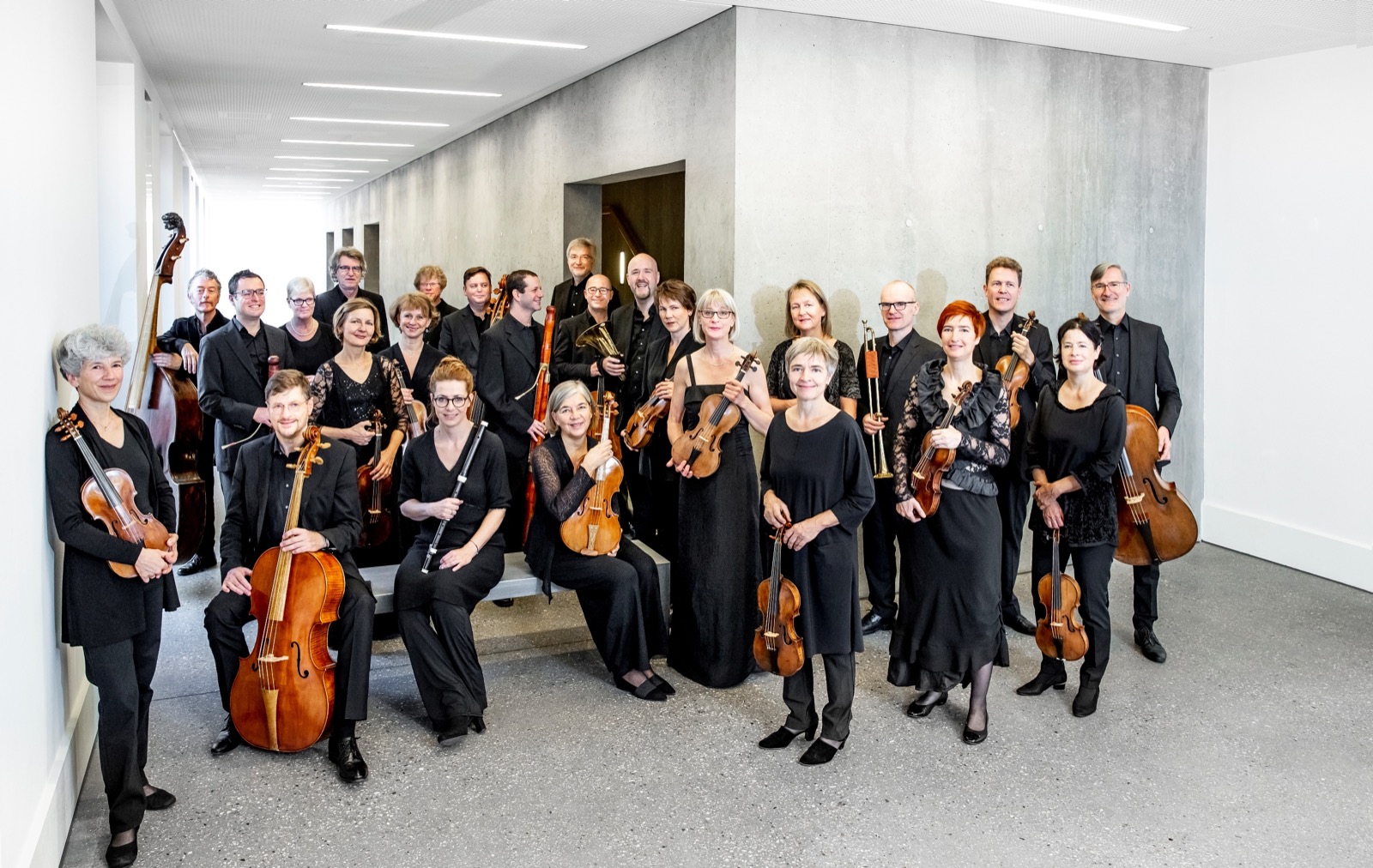
Being open to exploring unknown works
The orchestra is led by a concertmaster, as was customary in the eighteenth century, and thus does not have any conductor. It is headed by two artistic directors: Gottfried von der Goltz and Kristian Bezuidenhout. The renowned conductor René Jacobs is invited as a guest conductor for the realisation of larger works, and this effective collaboration has earned the musicians the German Recording of 2009 critics’ award for their rendition of Mozart’s opera Idomeneo. The FBO also cooperates frequently with the acclaimed countertenor Philipp Jaroussky, the baritone Christian Gerhaher, or the violinist Isabelle Faust. Individual members also perform as soloists and in studio recordings. The orchestra has its own subscription series in Freiburg, Stuttgart, and at the Berliner Philharmonie. As the musicians themselves say, the FBO is characterised by having high demands on interpretation, enjoying music to the full, and being ever open to exploring unknown works or uncommon approaches to standard repertoire.
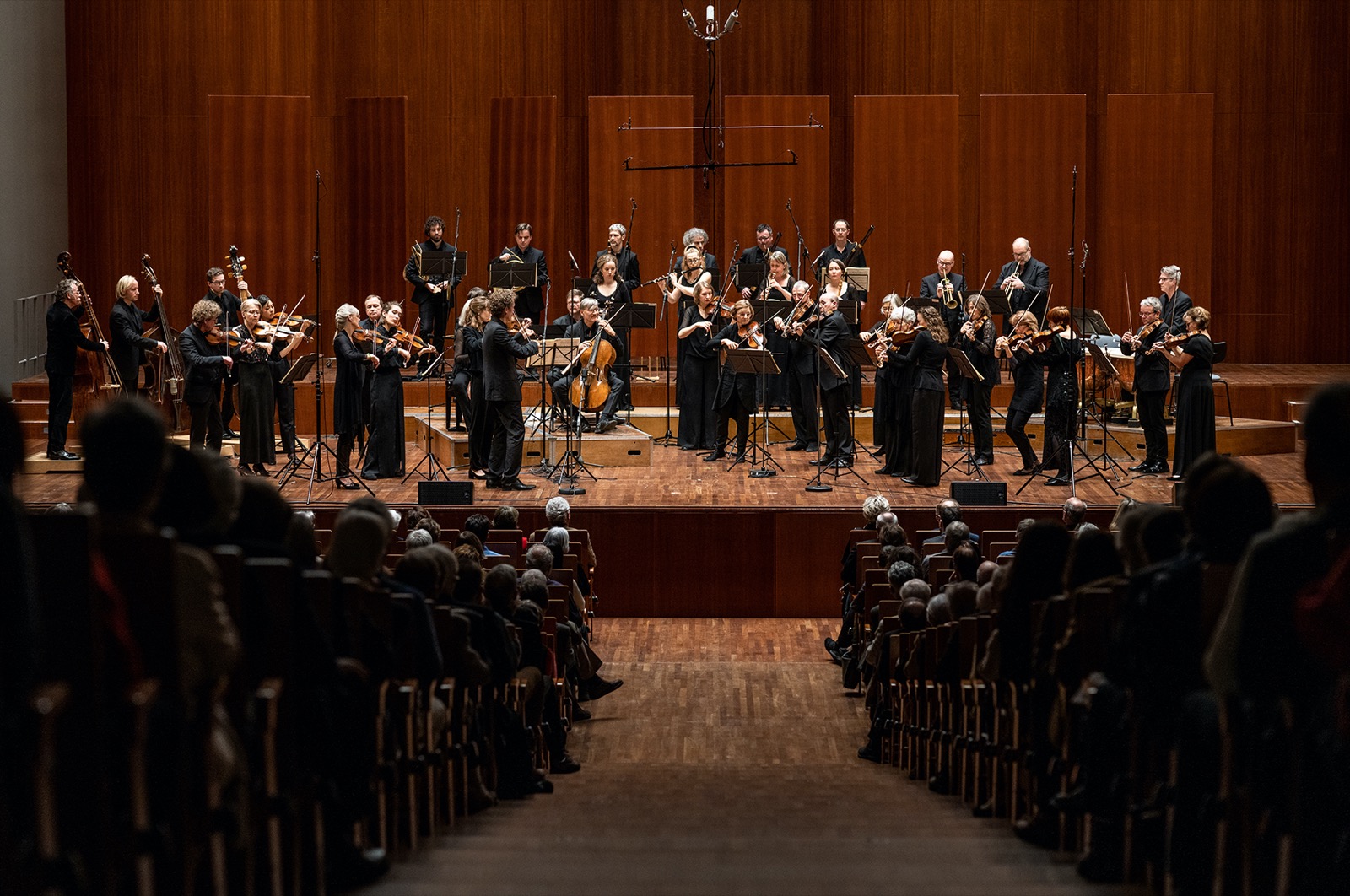
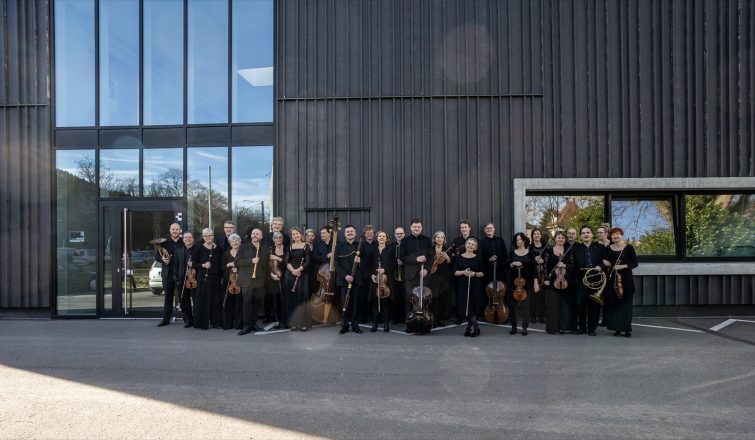
Programme Notes
Today’s concert is to be something of a sky-bound affair, with their rendition of Johan Sebastian Bach’s Ascension cantata Auf Christi Himmelfahrt allein (On Christ’s Ascension). The composer wrote the cantata during his Leipzig period in 1725, when he held the post of cantor at St Thomas Church and strove to reform sacred music. The librettos of all of Bach’s Leipzig cantatas strictly adhere to the prescribed dual function of Lutheran sermons: Biblical exegesis and theological instruction is followed by practical moral advice. The cantatas mostly start with an opening chorus based on a quote from the Bible reading for the given day. This predetermines the explanation of Scripture, articles of faith, and theological context (“musical sermon”), which are provided by the first recitative and aria. The second recitative and aria lead to considerations of the consequences that arise from this in practical Christian life. The text ends with a congregational prayer in the form of a hymn verse.
Listen a work by Heinrich Ignaz Franz Biber in interpretation of Freiburger Barockorchester
The concert is held with the financial support of the Czech-German Future Fund.



